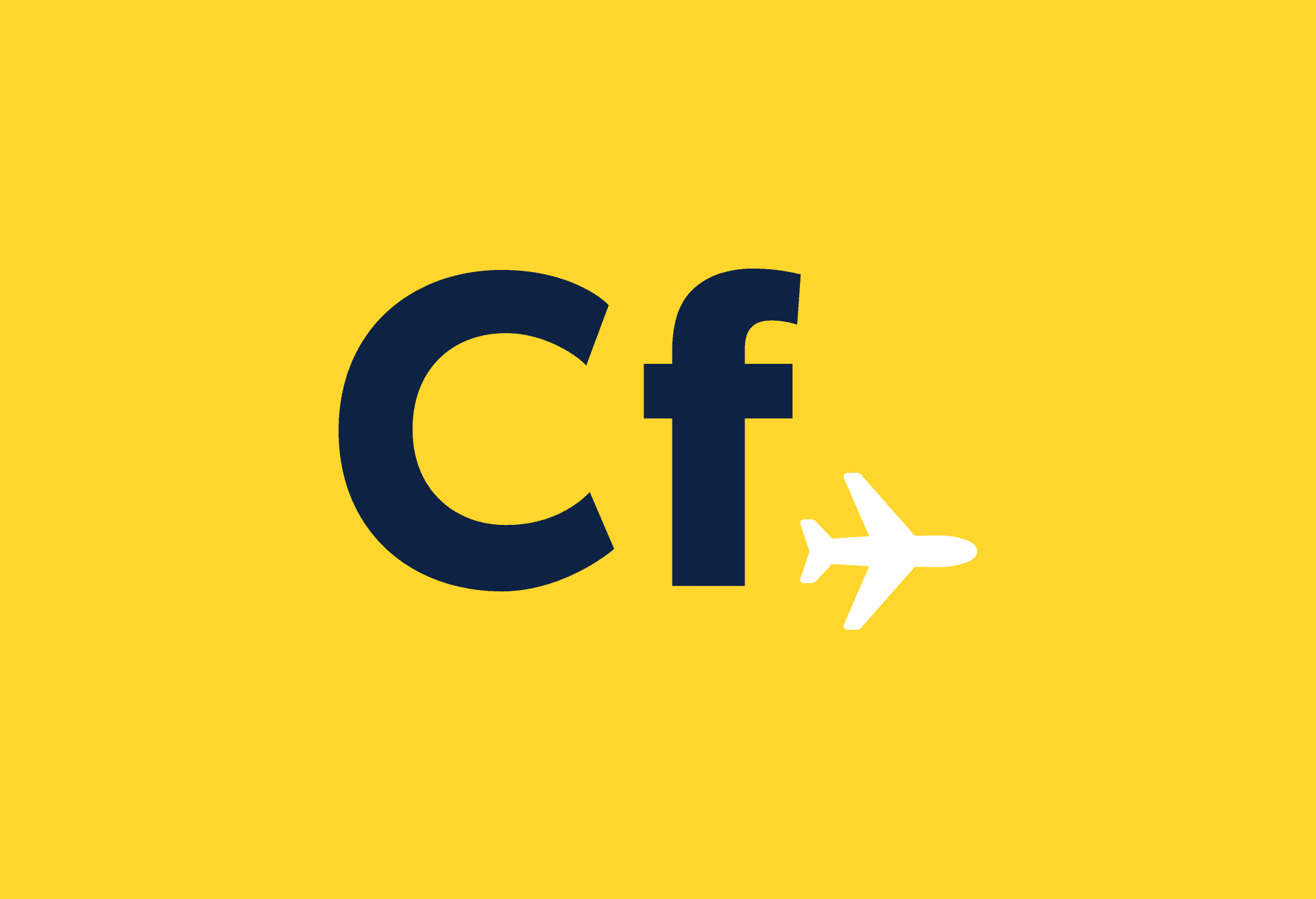Sometimes a holiday just isn’t a holiday without your best friend coming too. And let’s face it, sometimes your best friend has fur. But how can you fly him out, what’s it going to cost, and what do you need to do to arrange it?
Pet travel rules
If you are coming to the UK from any other EU state or a listed non-EU country, you’ll need to have your pet micro-chipped for ID purposes, vaccinated against rabies and have an EU pet passport or, if you’re arranging transport in a non-EU listed country, an official veterinary certificate. If your dog is flying, it will need to be treated for Tapeworm (not necessary if you are coming from Finland, Ireland, Norway or Malta).
If you are travelling from an unlisted country outside the European Union, you’ll need to have your pet microchipped, vaccinated against Rabies, blood tested (at least 30 days after the vaccination) and get an official veterinary certificate. You must wait 3 calendar months from the date the blood sample was taken before you travel. Unless you are travelling from Finland, Ireland or Malta, will need to be treated for Tapeworm.
Finally, if you’re travelling to the UK from an unlisted non-EU country via an EU or non-EU listed country pets may enter the UK without quarantine as long as they meet the EU entry requirements (microchip, rabies vaccination, blood test 30 days after vaccination and a three-month wait).
Which airlines can you take pets on?
If you’re flying internationally, you’ve got a good choice of airlines.
British Airways carry pets but they must travel in the hold as cargo if they are not a registered assistance dog. The service is managed by British Airway’s sister company IAG World Cargo.
Virgin Atlantic accept cats and dogs on certain flights to and from Antigua, Barbados, Boston, Chicago, Cape Town, Dubai, Hong Kong, JFK, Johannesburg, Los Angeles, Miami, Newark, Orlando, San Francisco, St Lucia, and Washington. The cost depends on the size of the pet’s travel box size, you’ll have to call for an exact quote.
KLM allow small cats and dogs (max total weight of pet and carrier – 8kg) in the Economy Class cabin on most KLM flights and Business Class cabin on most KLM flights within Europe. Alternatively, larger cats and dogs (max total weight of pet and carrier – 75kg) can travel as check-in baggage. Pets that weigh more than 75kg can travel as freight with Air France-KLM Cargo. Costs vary depending on the destination.
Lufthansa allow small cats and dogs (max total weight of pet and carrier – 8kg) to be carried in the cabin. Larger pets are transported in the hold. Costs depend on the destination and size of the carrier.
Whichever airline you choose to fly with, you will always need to call and reserve your pet’s travel. While some airlines allow pets in the cabin, others do not and while there is always an administrative charge for the transport of animals, these can vary hugely by airline. Research all these factors before you select a carrier.
Low-cost airlines
The UK-based low-cost carriers will not allow pets to travel in the cabin.
Flybe with the exception of assistance dogs, all dogs and cats travel in the hold of the aircraft. You may travel with your assistance dog on domestic routes and on international routes from these airports: Birmingham, Exeter, Manchester, Newcastle and Southampton.
EasyJet, Ryanair and Jet2.com don’t carry animals and will only transport service animals from some airports.
Monarch will carry pets (up to six animals per flight) from all of the airline’s departure airports around the UK but, at present, they can only be returned via London Gatwick and Manchester airports. Pets are transported in the hold (not in the cabin or as excess luggage) Monday to Friday only.
Thomson will carry pets in the cargo hold (contact Cargo department 0203 4327828).
Germanwings carry cats and dogs in the cabin only. Pets must be in a suitable bag, not a hard carrier, and must have a combined maximum weight of 8kg. Germanwings do not carry animals to or from the UK and Ireland.


